China is the largest market for Vietnam's agricultural products. However, exports to this market are still uncertain.
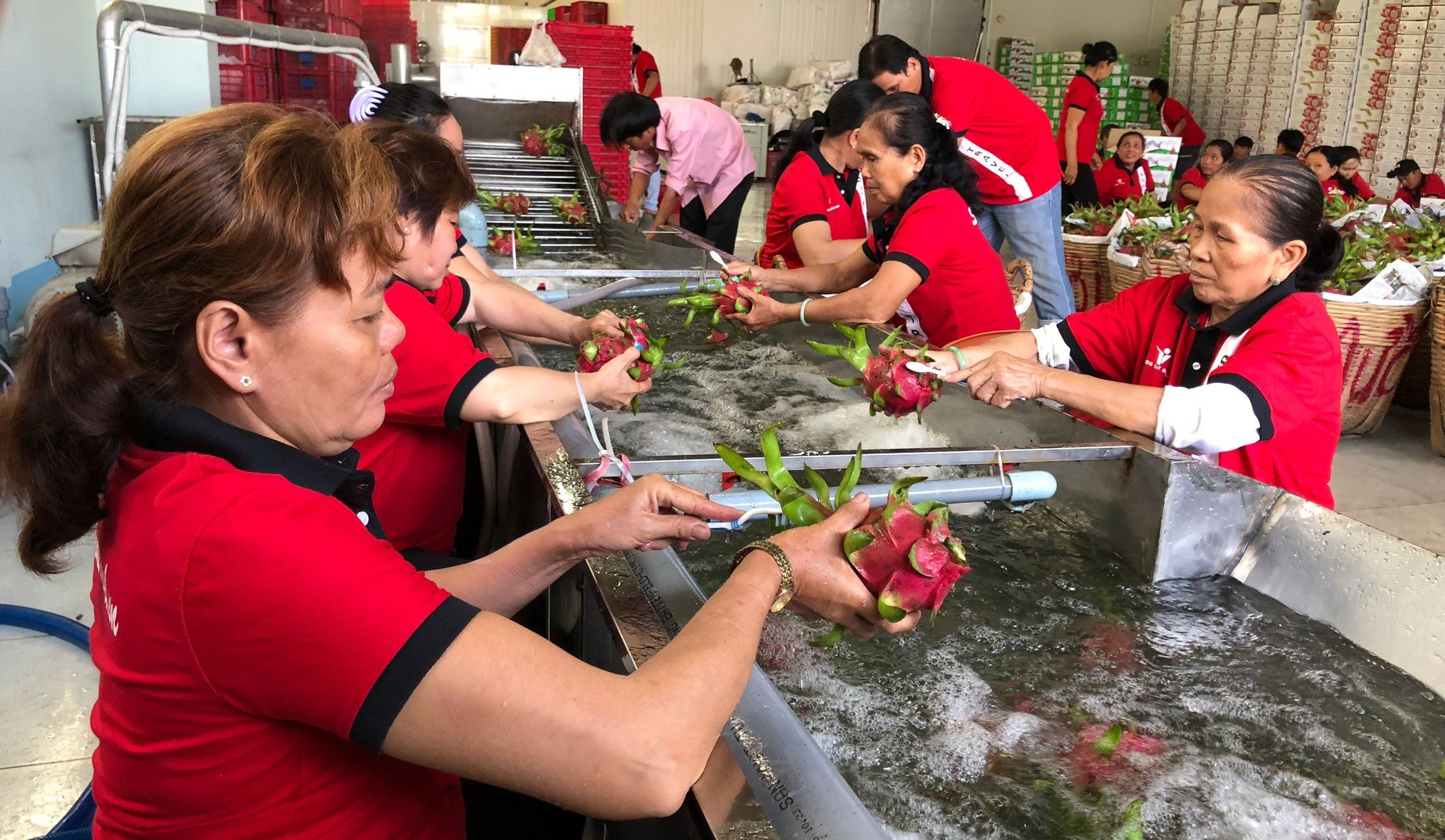
To improve the quality of Vietnamese agricultural products, it is necessary to increase official exports.
Prices of crabs, durians... are decided by the brokers.
Recently, at a working session with the Minister of Agriculture and Rural Development (MARD) Le Minh Hoan, Mr. Le Van Su, Vice Chairman of the People's Committee of Ca Mau province, reflected that the local specialty, Ca Mau crab, is currently mainly exported to the Chinese market through unofficial channels, and because of unofficial channels, crabs always face many risks. That is, traders manipulate prices, force down prices or raise prices to collect goods and then "cancel deals". The situation of unofficial trading makes it difficult for the local seafood industry to organize production in a sustainable direction.
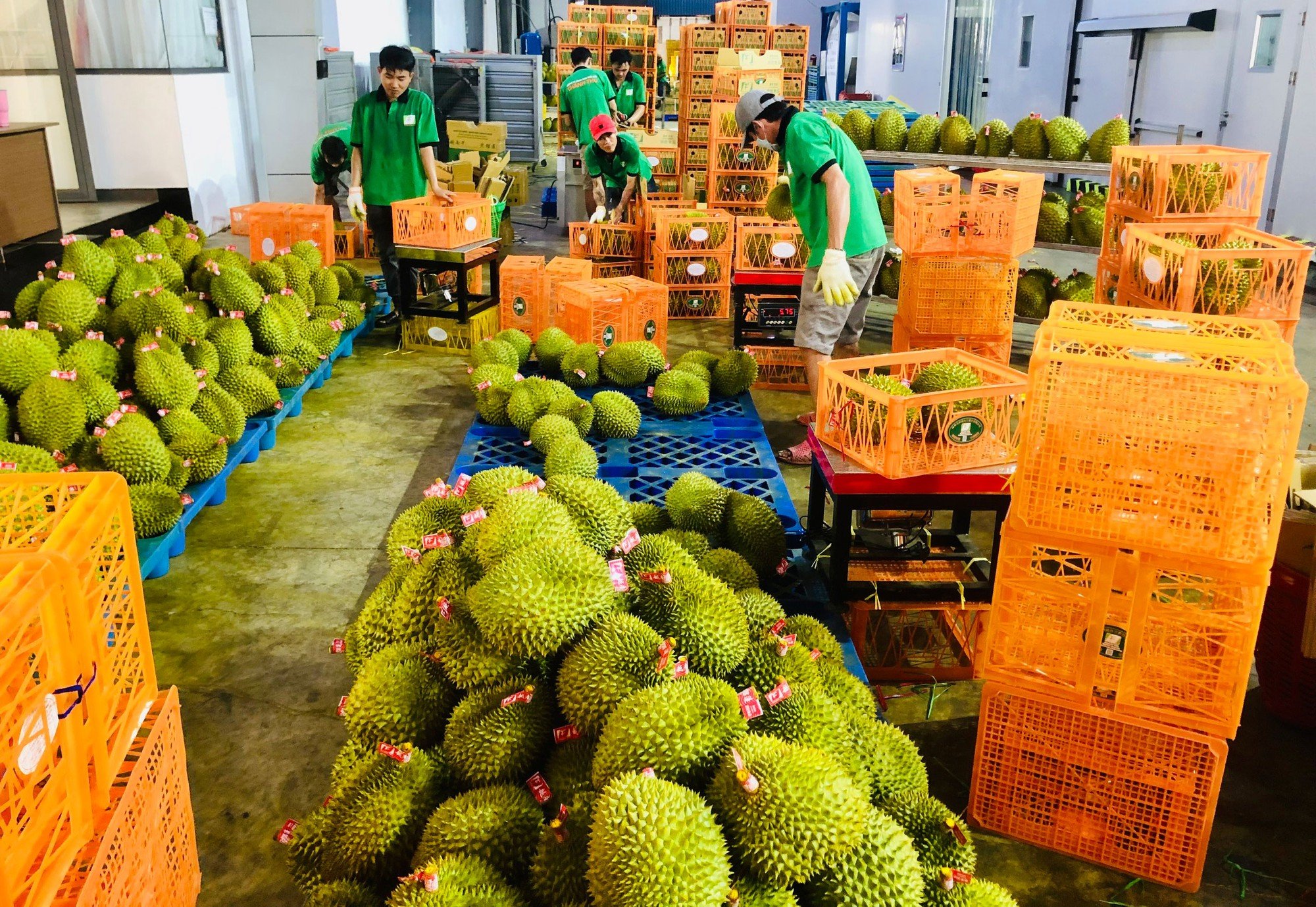
No matter how delicious Vietnamese agricultural products are, they are still exported in small quantities.
" Ca Mau 's crab products are being manipulated. When selling crabs here, people only add packaging and labels and sell them for 5-7 times more. In particular, the price of crabs in Ca Mau, whether they are high or low, or how much they sell, is decided by the brokers at the border. That is the information from businesses when they learn about the export market," Mr. Su was indignant.
In order to bring Ca Mau crabs to the large Chinese market through official channels, the provincial leaders said they will develop a project to reorganize production and officially export crab products to the Chinese market and some countries in the region. However, the locality needs great support from relevant ministries and branches. "The province recommends that ministries and branches step in to support, especially in negotiating the official export of crab products to China," a provincial leader shared.
In fact, the price manipulation of Vietnamese agricultural products by Chinese traders has become a "daily occurrence" and almost all Vietnamese agricultural products sold to China through unofficial channels have been caught up in this problem. The situation of price pressure during the crop season, if farmers do not sell, they just dump the land to feed their cows; price inflation during the off-season so that farmers compete to raise and grow..., when harvesting, transporting to the border is "cancelled" and not bought as happened with bananas, purple sweet potatoes, dragon fruit...
In addition to Ca Mau crab, lobster in the Central region and durian in the West are also being priced by foreign traders. At the end of 2022, durian prices were at 60,000 - 70,000 VND/kg and jumped to 90,000 - 100,000 VND/kg.
Through investigation, garden owners said that the unusually high prices were due to traders paying high prices, causing price fluctuations. Garden owners called them "price-fixing ghosts". Specifically, traders from abroad came to garden owners, collected goods at high prices, only made verbal agreements, without any contracts. They paid a small deposit and then offered to transport the goods to the border after harvest. However, when they arrived, many shipments were canceled and announced "temporarily suspended trading".
Mr. Nguyen Tien Dat, a fruit exporter in Tien Giang , said that after Tet, the price of durian continued to increase to nearly 200,000 VND/kg. An unbelievable price but it happened before returning to 50,000 - 60,000 VND/kg. He said: "Of course, the recent durian story is seasonal, but clearly there are also many strange factors from the customers. They have inflated the price abnormally, causing the durian area to increase alarmingly. The current durian story is very similar to the previous dragon fruit story, which kept increasing in price. Then stopped buying for a while, then pushed the price up to 30,000 - 40,000 VND/kg. Having been in this business for a long time, I have seen bananas, watermelons, sweet potatoes... through unofficial channels all encounter this situation and the country has had to rescue many times".
Switching to official export is too slow
According to Chinese regulations, goods imported into this market in the form of border resident exchange will enjoy certain incentives. For example, they are exempt from quarantine, do not need a contract, do not need to pay via bank and are exempt from tax if the value of the exchanged goods does not exceed 8,000 yuan per person per day. Thanks to this form, many Vietnamese agricultural products, although not yet officially allowed to be imported into China, such as many types of fruit, pork, etc., can still be sold into China.
However, this is also a model that brings many risks. The story of gradually reducing dependence on informal exports and switching to official exports has been mentioned for a long time, but is almost "standing still". Every year, many agricultural products are dumped when there are no buyers in the main season. This situation became more serious when China chose a rather strict anti-epidemic policy, making it extremely difficult for Vietnamese agricultural and aquatic products to overcome barriers to enter the Chinese market at that time.
During the first two years of the pandemic, from 2020 to 2021, the Ministry of Industry and Trade and the Ministry of Agriculture and Rural Development have repeatedly discussed improving the quality of agricultural products, calling on and supporting businesses to proactively shift from exporting in the form of "going to the border market to sell goods" to official exports. In September 2021, the Government issued Directive 26 on promoting the production, circulation, consumption and export of agricultural products in the context of preventing the Covid-19 pandemic. In which, the Government requested the Ministry of Agriculture and Rural Development and the Ministry of Industry and Trade to promote the opening of the official agricultural export market to China.
But up to now, the habit of buying and selling through unofficial channels has not decreased. Even for products that are allowed to be officially exported to China such as lychee, cassava, dragon fruit, mango, jackfruit, etc., many businesses still "proactively" switch to unofficial channels to make it easier to export to China. Or for products that have recently been recognized as officially exported such as sweet potatoes, durian, passion fruit, etc., people still maintain the habit of unofficial exports.
Mr. Dang Phuc Nguyen, General Secretary of the Vietnam Fruit and Vegetable Association, said that since mid-2019, China has officially required agricultural products to be imported into their country through official channels. However, the conversion rate of Vietnamese agricultural products to official channels is very slow due to habit. "Of the 9 fruit products allowed to be exported through official channels, up to 8 types, if transported by road, are still sold through unofficial channels, exchanged with border residents. This unofficial form actually only benefits Chinese traders, avoiding 10-15% value added tax, so they want Vietnam to sell goods in this form and buy in large quantities. Vietnam finds the unofficial form too easy, does not require growing area codes, packaging facility codes, etc., so they just collect the goods, when there are enough, they load them onto refrigerated trucks and transport them to the border, buying and selling at a favorable price. If we want Vietnamese agricultural products to reach "new heights", we must change the mindset of farmers, businesses, etc. and must do it decisively," Mr. Nguyen said frankly.
It is difficult for domestic people to buy first class goods.
Collecting export goods, pushing up prices, so many times, people in the country do not have good fruit to eat. The price of standard export durian (from 2.5 kg to under 5 kg) in the West is currently on average from 150,000 - 180,000 VND/kg. In addition to the weight criteria, the fruit must be round, full of segments and not scarred or deformed... This is an off-season durian only found in the Mekong Delta, so the supply is quite limited, while export demand is high, so the domestic market is "hungry for goods". Even off-season durian in Ho Chi Minh City at many times is bought for 240,000 VND/kg but it is not grade 1, 3 - 4 times higher than the normal price but not the best grade. "Durian currently sold in the Ho Chi Minh City market is all outside export standards, with flat segments or weights that are too big or too small, not up to standard... Domestic consumers are eating second- or third-grade quality products, but the price is higher than the first-grade export products," commented Ms. Thai Thuy Trang (District 5).
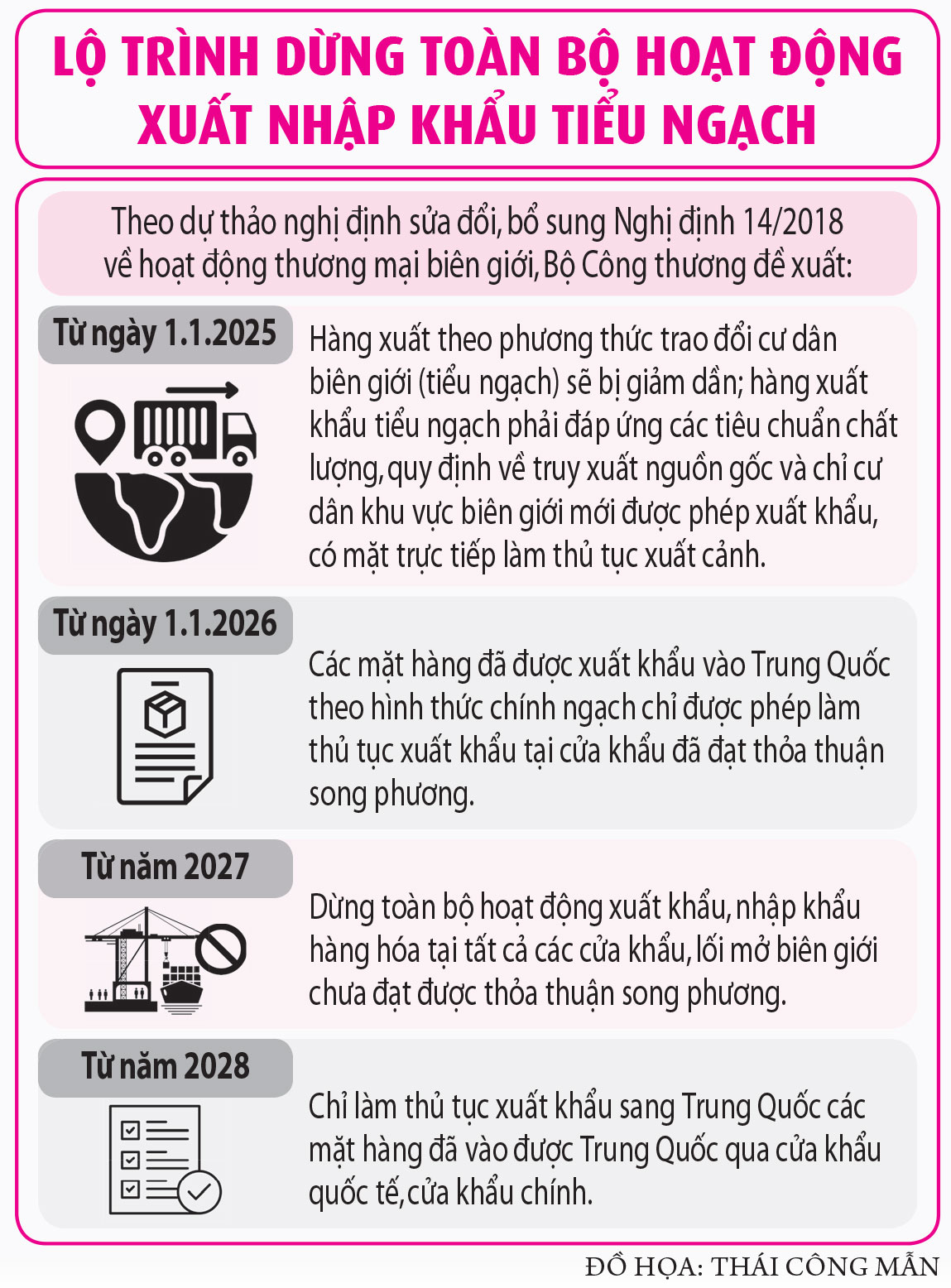
Ms. Nguyen Thi Anh Thu, Director of Thanh Nhon Seafood and General Trading Company Limited (HCMC), shared: The amount of shrimp and crab sold to the Chinese market is only 1/5 of the demand in the domestic market, but people cannot always buy the "best" type of the market. For example, Ca Mau crabs are sold very strongly in HCMC and the Central and Northern provinces. However, because there are too many "brokers" for Chinese traders, good products in the country are always scarce.
However, Ms. Thu also warned that exporting to the Chinese market is not as favorable as before, both official and unofficial channels have decreased by 50%. The reason is that the domestic raw material purchase price is too high. Specifically, Ca Mau crab has currently decreased by about 70,000 VND/kg but still fluctuates from 630,000 - 650,000 VND/kg. Meanwhile, lobster in the Central provinces is increasing by about 100,000 VND/kg to 800,000 - 900,000 VND/kg. The price is high but there is no goods to sell. Specifically, Thanh Nhon Company used to supply 50 - 70 trucks a day, but now only 10 - 20 trucks and is struggling to collect enough goods. The reason is that the source of both shrimp and crab seeds is scarce, people also do not have money to invest, so in just a few months there will be no goods to export.
"To avoid price manipulation, we must reorganize production locally and link with consumption hubs in big cities to ensure stable output and prices. As it is now, prices change every two hours, making it difficult for businesses to do business properly; many of our large contracts with partners are affected," said Ms. Thu.
More than 90% of Chinese watermelons are imported from Vietnam.
More than 90% of the watermelons China imports come from Vietnam. However, due to the lack of a protocol, the export value of this fruit is not commensurate with its potential. In recent years, China has improved its legal system, through two amendments to the Food Safety Law, issuing Orders 248 and 249 in 2021 and Order 259 in 2022. Not only increasing export value, Vietnam needs to aim for sustainable exports and find ways to retain this important partner. In particular, in economic relations with China, economic cooperation with Guangxi province accounts for 95% of the border trade turnover between Vietnam and China. Therefore, it is necessary to strengthen policy implementation with this province in particular, promoting exports from informal to formal channels.
Mr. To Ngoc Son (Deputy Director of Asia - Africa Market Department, Ministry of Industry and Trade)
Chinese traders hoarding goods has pushed prices up
The price of domestic shrimp and crab has recently increased sharply, partly due to limited supply, and partly due to increased purchases by China. Specifically, Ca Mau crab, which used to cost nearly VND930,000/kg, has now dropped to VND890,000/kg; crab meat has dropped from VND860,000 to VND750,000/kg; and lobster has dropped from nearly VND2.2 million to about VND200,000/kg. The Chinese traders' collection has contributed to the increase in domestic prices, significantly affecting domestic consumption.
Mr. Tran Van Truong (Director of Royal Seafood International Trading Company Limited)
To export officially, it is necessary to change the perception of production.
To date, Chinese customs have approved a list of 128 aquatic species for Vietnam to be exported to China, on the condition that it has a packaging facility that meets the requirements assessed by the Department of Quality, Processing and Market Development (Ministry of Agriculture and Rural Development) and approved by Chinese customs.
To officially export to China, localities, businesses and people need to change their awareness about how to organize production to meet market demand, and organize according to industry chains with stable output to avoid being manipulated by traders.
Dr. Ngo Xuan Nam (Deputy Director of Vietnam SPS Office, Ministry of Agriculture and Rural Development)
Don't be afraid that eliminating small-scale trade will affect export turnover.
Reducing informal trade must come from the determination of both sides and a written commitment between the two sides. China is increasing the reduction of informal trade to prevent tax losses, and Vietnam is also tightening informal trade exports to protect the agricultural and aquatic products industry. In the near future, China will require that even informal trade goods must have a growing area code, a packaging facility code, etc. Hopefully, by then, the informal trade problem will gradually decrease.
In the immediate future, the Ministry of Industry and Trade and the General Department of Customs must work closely with border localities. Do not be afraid that cutting off small-scale trade will cause export turnover to decline, as this will facilitate tax evasion, making the agricultural economy sluggish and difficult to improve.
Mr. Dang Phuc Nguyen (General Secretary of Vietnam Fruit and Vegetable Association)
Source link


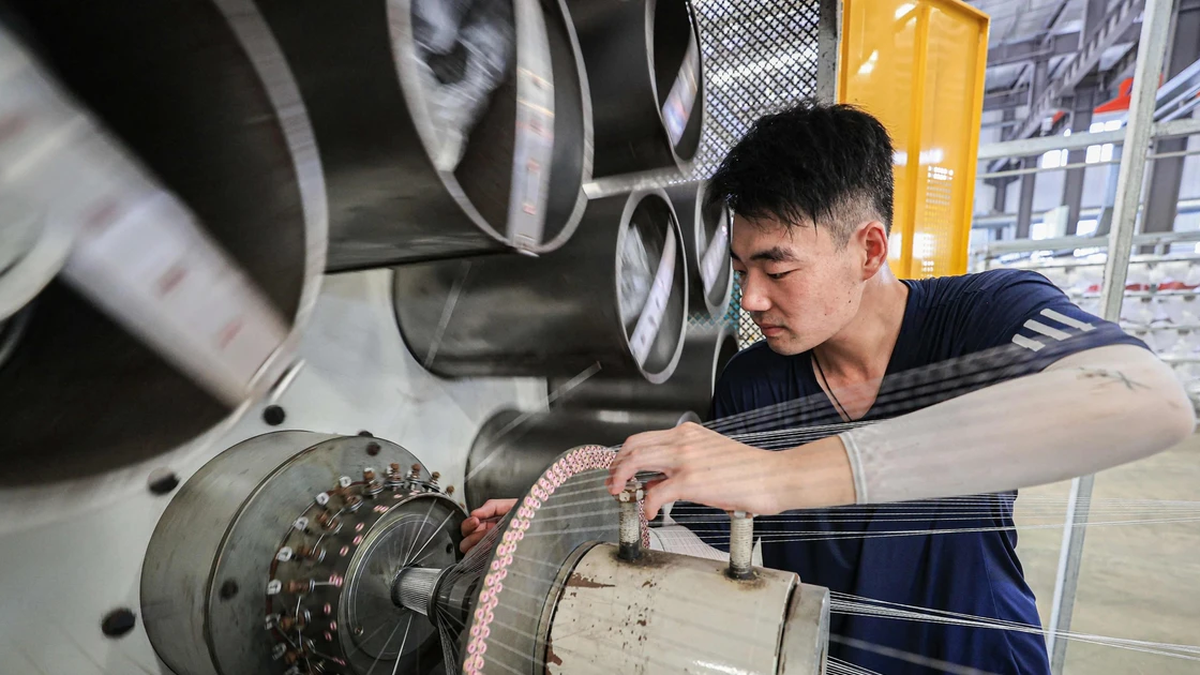


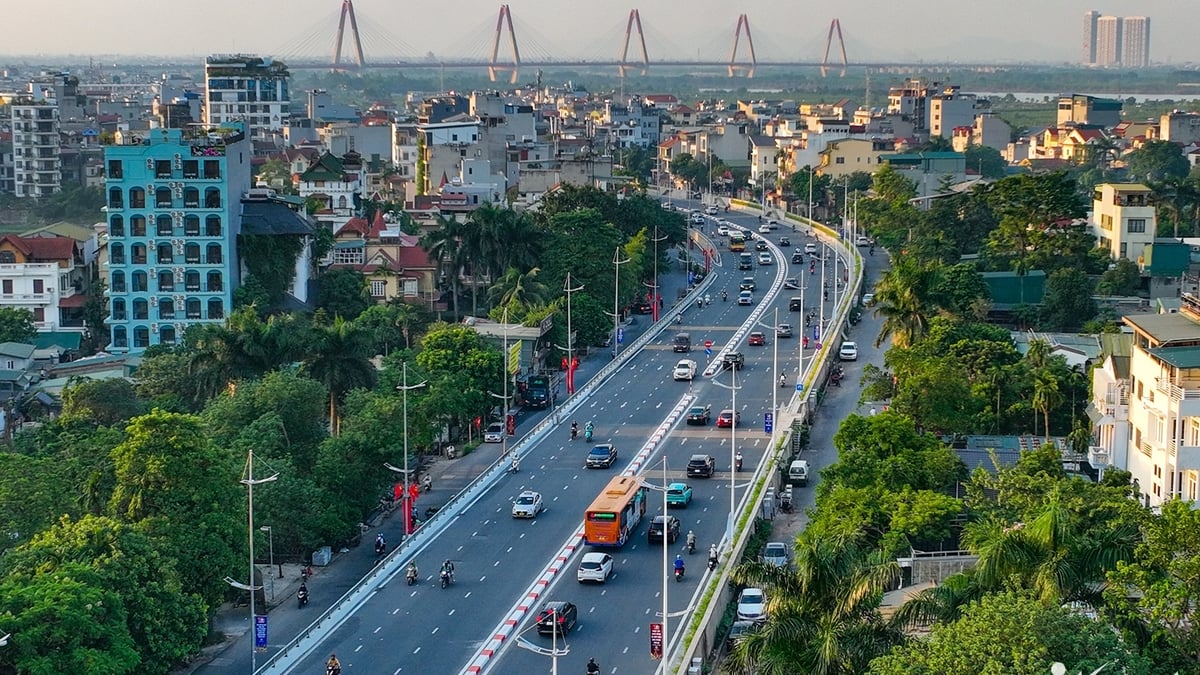





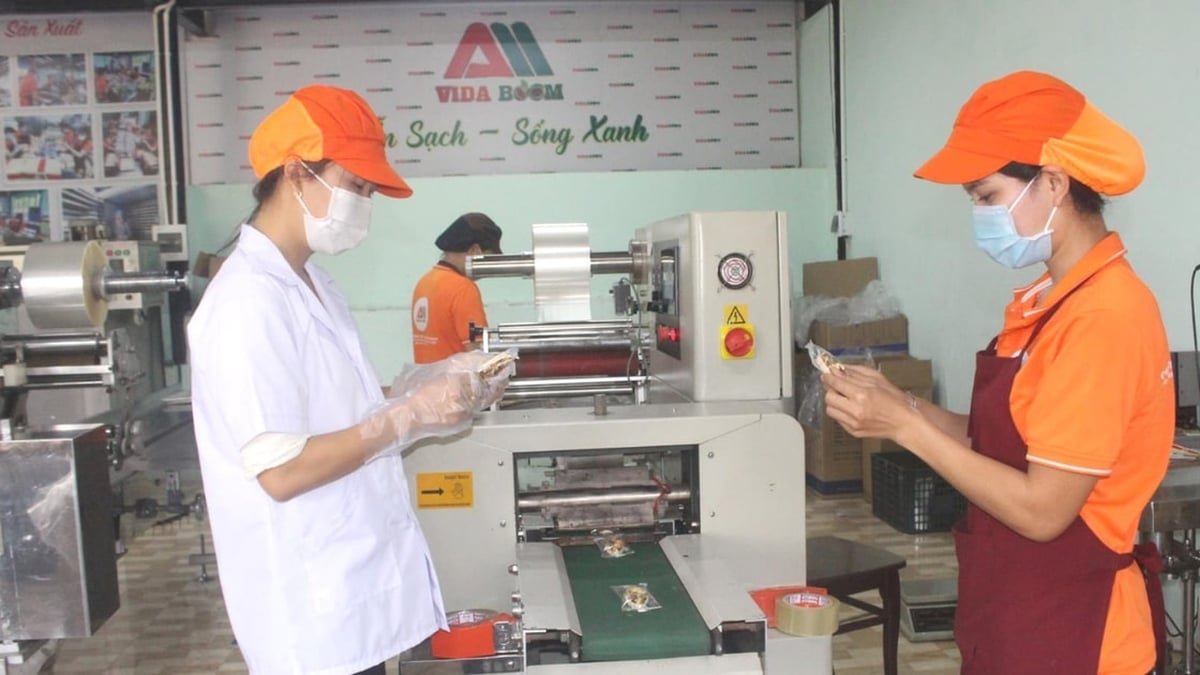
















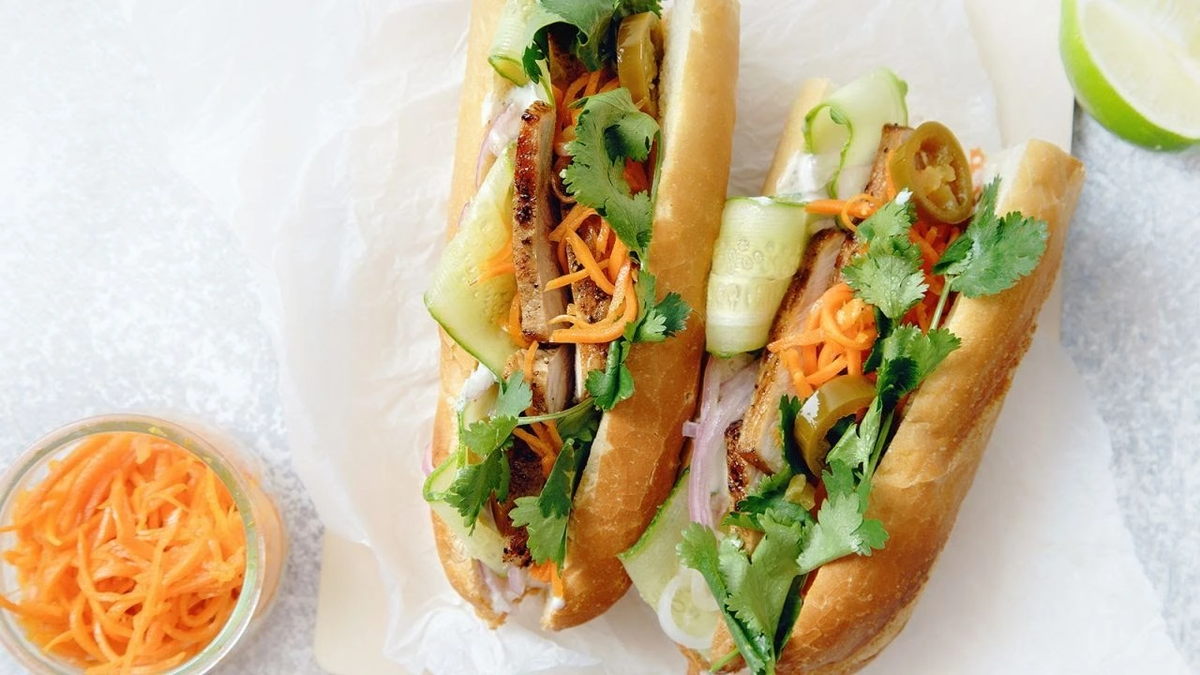



































































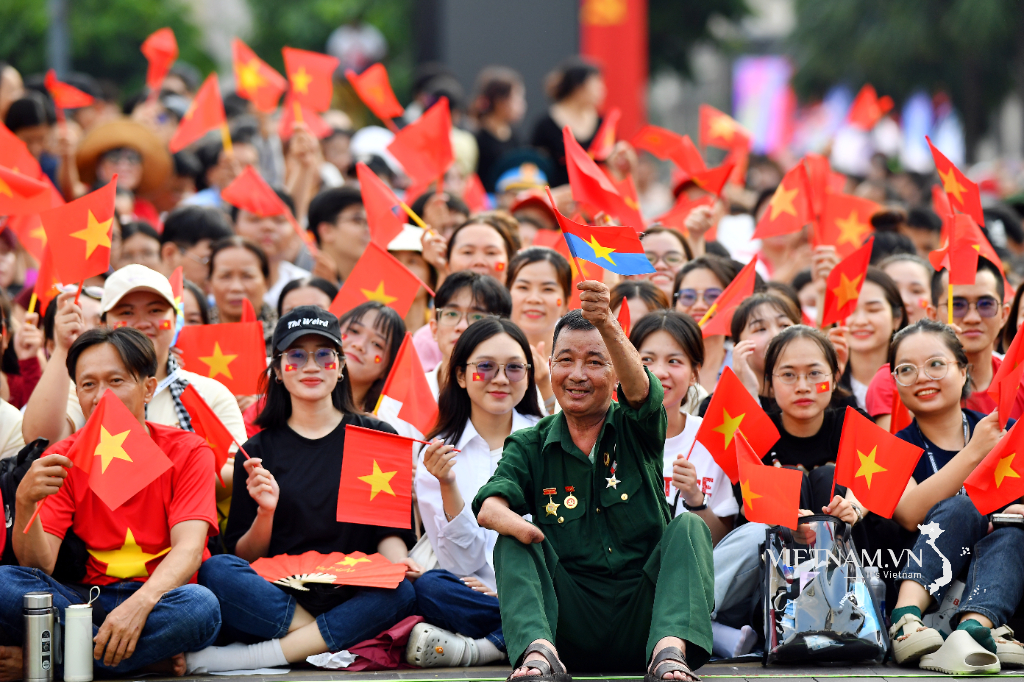


Comment (0)